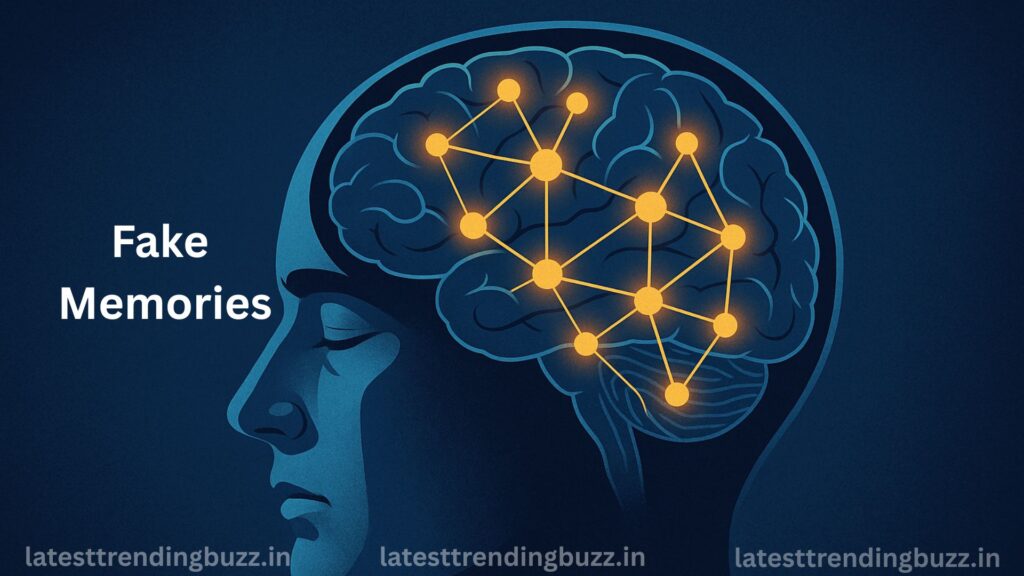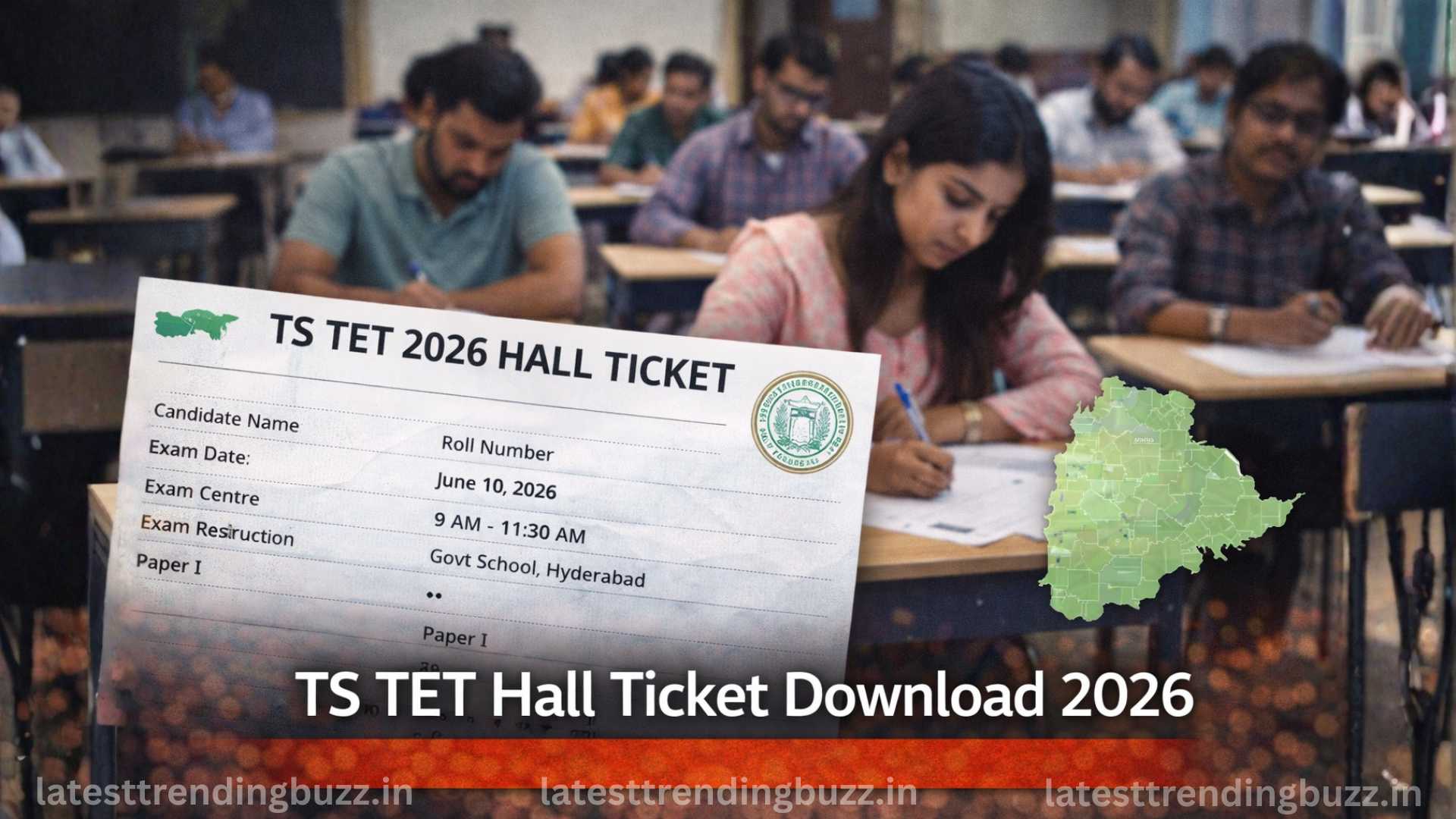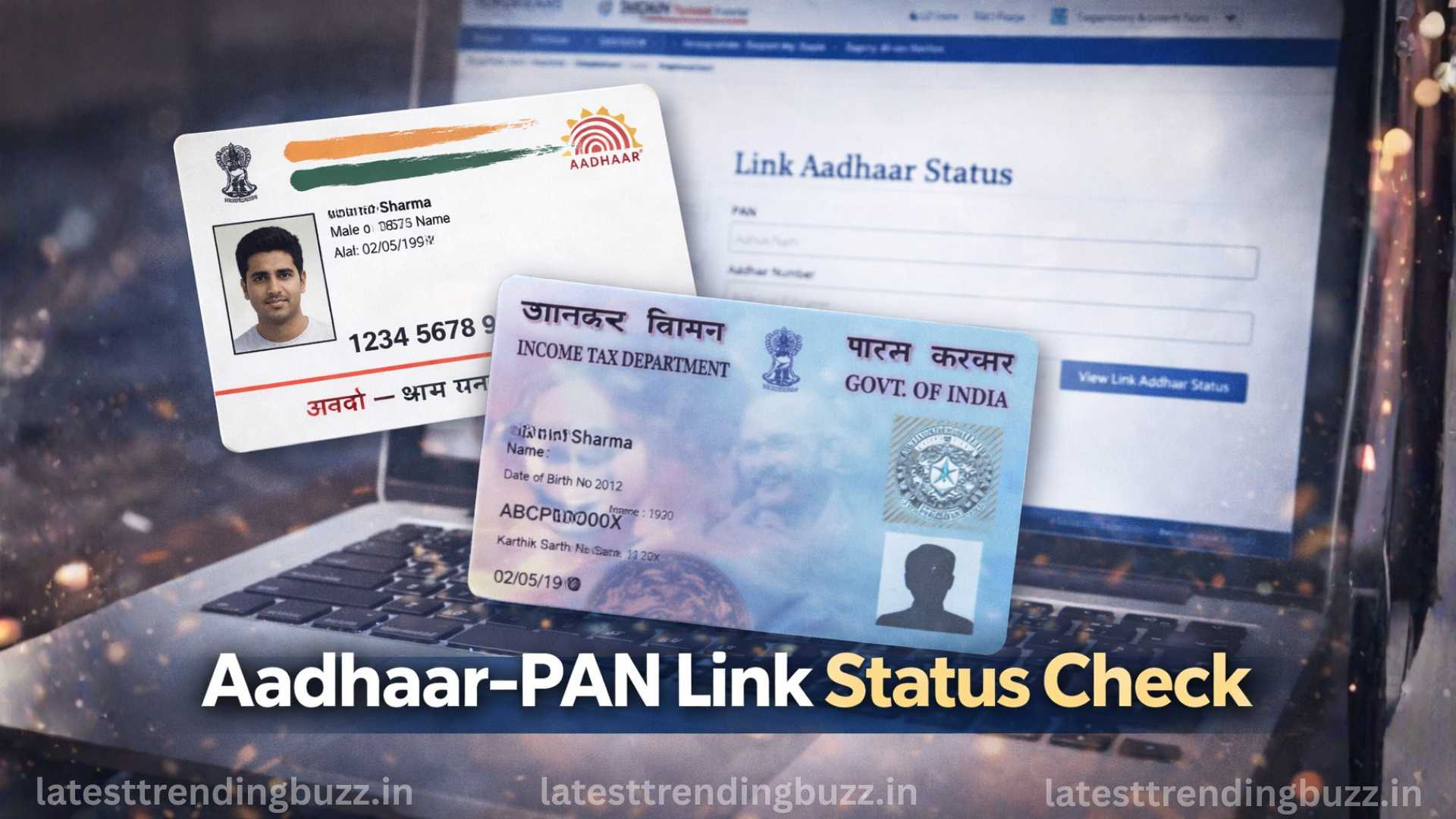You wake up one morning, scroll through your photo album, and find an image of you at a concert you never attended. The lighting, the crowd, even your smile — it all feels real. But it’s not.
Welcome to the unsettling world of Fake Memories, where neuroscience, technology, and politics collide. Scientists are learning how to implant, edit, and erase memories — and the implications are staggering.
Imagine a future where memories can be rewritten not just by trauma or suggestion, but by algorithmic manipulation. In 2025, as brain-computer interfaces and neural AI links advance, humanity faces a chilling possibility: a war not for land or data, but for the mind itself.
The Science: How False Memories Are Created
Fake Memories aren’t new — they’ve been part of human psychology for decades. Our brains are storytellers, not recorders. Every time we recall an event, we reconstruct it, making the memory vulnerable to distortion.
But what was once a natural flaw is now a scientific frontier. Neuroscientists can now induce false memories by stimulating specific areas of the brain, particularly the hippocampus — the region responsible for memory formation and recall.
In controlled experiments, researchers have implanted memories of experiences that never occurred — from meeting a person who doesn’t exist to committing a crime that never happened.
The result? People not only believed the memories were real — they felt them. The emotional conviction was identical to genuine recollection.
This blurring of perception and fabrication is the foundation of the Fake Memories revolution.
Real Lab Experiments — Memory Editing in Mice & Humans
In a 2023 study at MIT, scientists used optogenetics (light-based neural control) to create artificial memories in mice. The rodents “remembered” receiving a shock in a specific chamber — even though it never happened.
When placed back in that chamber, the mice froze in fear. Their brains had been tricked.
Human studies are following fast.
In Europe, researchers have used electrical brain stimulation to induce false recall during memory therapy. Participants insisted on remembering details that were never shown to them — a manufactured illusion with full sensory realism.
In other words, the mind’s reality can now be hacked. And that’s what makes Fake Memories so powerful — and so dangerous.
Governments & Military Research into Memory Manipulation
It’s no surprise that intelligence agencies and defense programs are exploring the darker side of memory science.
The U.S. DARPA (Defense Advanced Research Projects Agency) launched the Restoring Active Memory (RAM) project years ago — aiming to implant or recover lost memories in soldiers. While publicly positioned as medical rehabilitation, insiders confirm dual-use potential: controlling or editing specific memory clusters.
China has been quietly investing in “memory modulation” research at military-affiliated universities. Reports suggest they’re exploring ways to suppress traumatic recall or even reframe patriotic narratives through AI-driven hypnosis.
Meanwhile, Russia’s neuropsychological labs have been experimenting with electromagnetic pulse-induced recall disruption — effectively erasing short-term memory chains.
The era of Fake Memories as a psychological weapon has already begun. In future wars, cognitive manipulation could replace propaganda as the ultimate form of control.
Also Read: The Sleep Capitalism Trade: How Dreams Became the New Data Goldmine
The Psychological and Political Risks of Memory Hijack
Memory shapes identity. When memories can be altered, so can beliefs, loyalties, and emotions.
Weaponized Fake Memories could be used to:
- Rewire citizens’ political preferences
- Create false trauma or victimization narratives
- Discredit activists or journalists
- Induce obedience through fabricated emotional associations
This is more than science fiction. During the 2024 elections in multiple countries, deepfake videos and AI voice clones already fooled millions. The next step is far subtler — not changing what you see, but changing what you remember.
As one cybersecurity researcher from IIT Delhi said:
“Disinformation is no longer about fake news. It’s about fake memories — and they’re impossible to fact-check.”

India’s Emerging Cognitive Research Labs — Are We Prepared?
India is fast becoming a global hub for neuroscience and cognitive AI research.
Institutions like IIT Delhi, NIMHANS Bengaluru, and AIIMS New Delhi are pioneering work in memory, cognition, and neural mapping.
But while most research is aimed at medical breakthroughs — such as treating PTSD or Alzheimer’s — experts warn that dual-use applications are inevitable.
A 2025 policy brief by India’s Centre for AI and Neuroethics cautioned that “unregulated neural experimentation could open doors to subconscious influence systems.”
As Fake Memories research advances, India will need stronger bioethics laws — and public awareness — to prevent misuse.
The Tech Crossover: Neural Links, AI, and Synthetic Memory
Brain-computer interfaces (BCIs) and AI-driven neuroprosthetics are accelerating the blending of human memory and machine data.
Companies like Neuralink, Kernel, and China’s NeuroEdge are already testing systems that can record and replay neural signals.
In early trials, patients recalled memories faster and more vividly — with the aid of implanted chips.
But in the Fake Memories era, that capability can cut both ways.
If memories can be recorded, they can be edited. If they can be edited, they can be replaced.
Soon, “memory forensics” may become a cybersecurity field — verifying whether a recollection is authentic or implanted.
Also Read: The Hidden AI Fossil Fuels: What Powers the World’s Smartest Machines
Could Your Own Photos Be Used to Rewrite Your Past?
Social media platforms already serve as our external memory banks. Every tagged photo, location pin, and story archive reinforces what we remember about our lives.
Now imagine if AI systems subtly altered those visuals — a new face here, a changed caption there, a fabricated memory seeded through “past year reminders.”
That’s how Fake Memories could scale — not through invasive surgery, but through digital nudges.
You’d never notice it. You’d just “remember differently.”
It’s already happening in small ways. Instagram filters, AI-generated selfies, and synthetic video archives are reshaping how people recall real events. The line between digital identity and lived experience is vanishing.
What Happens When Memory Itself Becomes Unreliable?
The final stage of Fake Memories isn’t about manipulation — it’s about chaos.
When people can’t trust their own recollections, collective truth collapses.
Imagine court cases where both witnesses remember different “truths.”
Imagine families divided over events that never happened.
Imagine governments rewriting national history at the neurological level.
This isn’t hypothetical. It’s the next frontier of cognitive warfare — where controlling memory equals controlling reality.
As one neuroethicist put it:
“The endgame of Fake Memories isn’t deception — it’s domination.”
FAQs on Fake Memories
1. What are Fake Memories?
They are false recollections created through psychological suggestion or neural manipulation, often indistinguishable from real memories.
2. Can scientists really implant memories?
Yes. Experiments in both mice and humans have shown it’s possible to create detailed, emotionally convincing false memories.
3. Is any country weaponizing this technology?
Several, including the U.S. (DARPA), China, and Russia, are conducting advanced research into cognitive manipulation.
4. How could this affect normal people?
Through deepfakes, digital archives, or emotional conditioning, people could gradually form Fake Memories about events that never occurred.
5. Can Fake Memories be detected?
Currently, only through neural scans and cross-verification with factual data — but detection is complex and unreliable.
The Final Word
In a world where data can be faked, memory is our last truth. But what happens when even that can be rewritten?
The Fake Memories revolution challenges what it means to be human. Our memories define our identity, our love, our guilt, our belief. If they can be hacked, what remains of us?
The wars of tomorrow won’t be fought for land or money — they’ll be fought for the stories inside our heads.
Disclaimer
This article is for informational and educational purposes only. The facts and discussions about Fake Memories are based on verified scientific research and ethical debates. Readers are encouraged to stay informed about emerging neuroscience policies and cognitive privacy issues.














